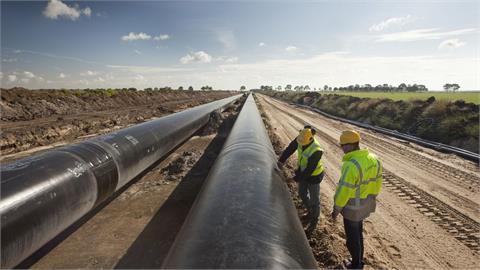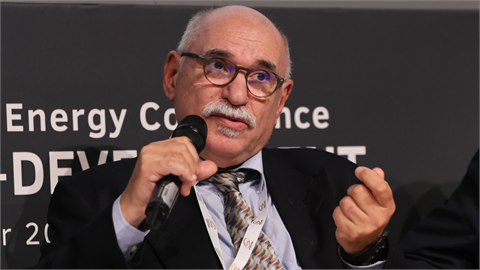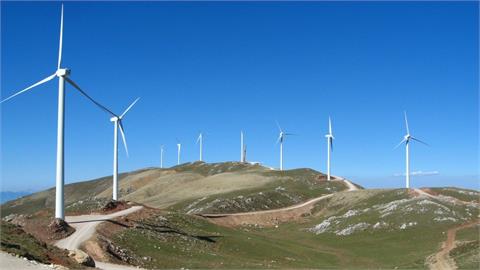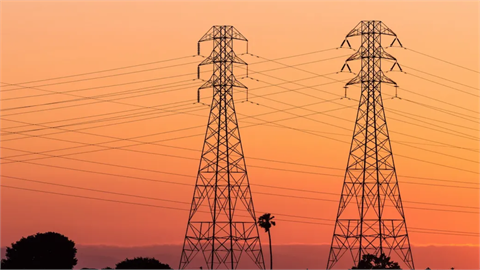IENE participated in COP 29 in Baku, Azerbaijan, in an event organized by the Institute and hosted at the Greek Pavilion on Tuesday, November 19. In a presentation entitled “Lessons learned and experiences gained from decarbonizing policies in SE Europe”, the Chairman of IENE, Mr. Costis Stambolis, outlined the Institute’s findings, based on many years of research, on the decarbonization process in the whole of SE Europe. The emphasis of the presentation, (which can be seen here) was to showcase the tiny changes that have taken place so far in the region’s energy mix, the persistence of fossil fuels, the energy policy failures and the reasons responsible for this setback.
Although the electricity mix has differentiated markedly with higher input of RES in several countries, (notably Turkiye, Greece, Romania, Bulgaria) ,the overall energy balance has not been affected much. Following billions of euros in investments in RES over the last 10 years, the impact in terms of lowering CO2 emissions has been disappointing while electricity costs have skyrocketed in a number of countries in the region. The reasons are to be found in misguided energy policies, lack of appropriate regulation, lack of coordination and the adoption of ill-suited market models, especially in electricity. At the same time there are policy reservations towards greater use of natural gas and nuclear power from certain EU quarters, which, in combination with RES, could actually lead to much lower emissions.
Following the presentation by Costis Stambolis a lively discussion took place among attendees which was expertly moderated by Dr. Charles Ellinas, Senior Fellow at the Atlantic Council and Visiting Research Fellow at IENE. From his part Dr. Ellinas outlined the need for the further exploration and ultimate utilization of natural gas deposits which have been identified in Cyprus, Greece and other countries in the region and which could greatly help EU countries lower costs, constrain imports and at the same time strengthen their energy security.
Participation of IENE at COP29 with keynote presentation by its Chairman on SE Europe’s, Decarbonization Policies
Wednesday, 20 November 2024
24112033.png)



